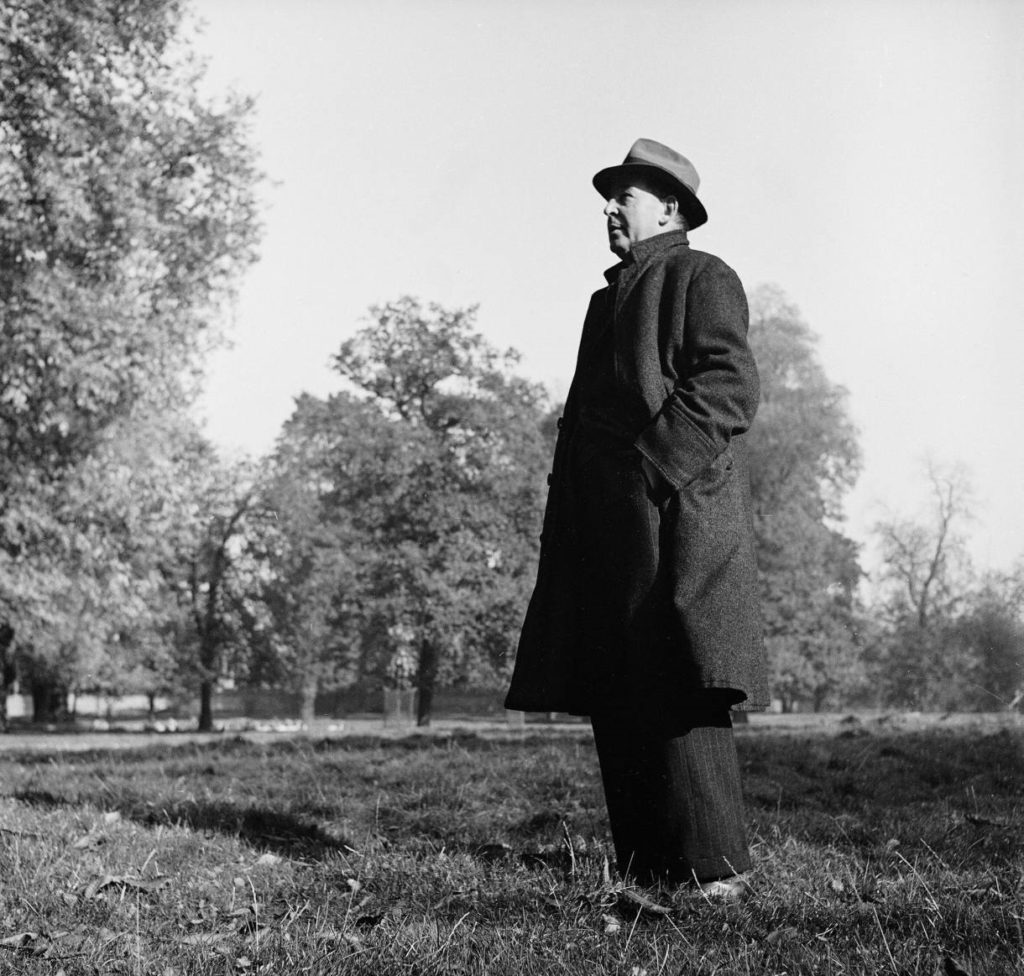C. S. Lewis didn’t start out as a great Christian apologist. His imagination didn’t lead him to Narnia at first—that was a later development. In his earliest years, sent away to a boarding school at age nine, he had a kind of Christian faith, but only the kind that called for him to carry out certain duties such as prayer. And he lived in fear of hell. Perhaps that’s why he abandoned that childhood faith in his pre-teen years.

One of his teachers, identified as only Miss C., opened up a new world to Lewis as a young, impressionable lad. Looking back on it later in his autobiography, Surprised by Joy, Lewis realized that Miss C. “was still in her spiritual immaturity,” and was someone searching for meaning. What she opened up to him was “the whole Anglo-American Occultist tradition,” which created a fascination in the young boy that he had to fight for the rest of his life.
Lewis doesn’t have harsh words to say of Miss C. She was a searcher who simply was searching in all the wrong places. Yet her influence turned out to be dominant at that time.
Little by little, unconsciously, unintentionally, she loosened the whole framework, blunted all the sharp edges, of my belief. The vagueness, the merely speculative character, of all this Occultism began to spread—yes, and to spread deliciously—to the stern truths of the creed.
The whole thing became a matter of speculation: I was soon (in the famous words) “altering ‘I believe’ to ‘one does feel.'” And oh, the relief of it!
Lewis uses the word “deliciously” to indicate how eager he was to shed all of the old orthodoxy. The switch from saying “I believe” to “one does feel” has never disappeared from Western civilization to this day. Feelings are now more important than beliefs in our postmodern society.

“From the tyrannous noon of revelation,” Lewis exulted, “I passed into the cool evening of Higher Thought, where there was nothing to be obeyed, and nothing to be believed except what was either comforting or exciting.”
He sought to be free from obligation to God. Isn’t that still true in our day? People recoil from being told what to do. They turn to whatever message relieves them of obedience, seeking comfort or excitement instead. Sadly, we find this run amok in some churches where those who attend seem to want excitement over sound teaching, and who don’t wish to hear a message about sin and repentance. The Gospel certainly is a message of comfort, but only after we come to the foot of the Cross in repentance.

Lewis eventually concluded, in his youthful rebellion against the God who seemed to him to be the Great Interferer, that all religions were alike and all were merely myths, not to be taken seriously. The only reason he had at first gravitated toward Christianity was that it was the particular religion of the country in which he was born. It was no different than all the others. “Why,” he asked, “was it so differently treated? Need I, at any rate, continue to treat it differently? I was very anxious not to.” There was another factor as well:
In addition to this, and equally working against my faith, there was in me a deeply ingrained pessimism; a pessimism, by that time, much more of intellect than of temper. I was now by no means unhappy; but I had very definitely formed the opinion that the universe was, in the main, a rather regrettable institution.
I appreciate how open and honest Lewis chose to be in the recounting of his early life. He didn’t gloss over the various false paths he took prior to his conversion. When we follow his confusion up to the point of his ultimate surrender to the God he never wanted to meet, we learn some significant truths. One is that teachers can have a major impact on young lives, both for good and for ill. Another—even more important—is how God continues to work in our lives to bring us to Himself even when we are continually pushing Him away. C. S. Lewis’s life is a testimony to the persistence of the Holy Spirit in revealing God’s love for each of us.
